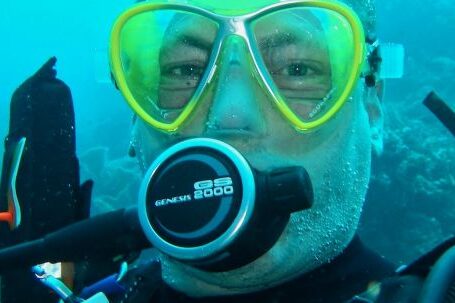Our ears are one of the most important sensory organs in our body. They allow us to hear the world around us, communicate with others, and enjoy music and other auditory experiences. However, many of us take our ears for granted and fail to protect them from potential harm. In this article, we will discuss some essential tips for equalizing and protecting your ears, ensuring that you can continue to enjoy clear and vibrant sound for years to come.
Understanding Equalizing
Before we delve into the tips, let’s first understand what equalizing means. Equalizing, in the context of hearing, refers to the ability to balance the pressure between the middle ear and the outside environment. This is crucial for maintaining optimal hearing and preventing discomfort or damage.
Tip 1: Practice Proper Ear Hygiene
Just as we take care of our bodies by maintaining good hygiene, it’s essential to do the same for our ears. Clean your ears regularly, but avoid using cotton swabs, as they can push wax further into the ear canal and cause blockages. Instead, use a damp washcloth or a specialized ear cleaning solution to gently remove excess wax.
Tip 2: Protect Your Ears from Loud Noises
Exposure to loud noises can damage the delicate structures in our ears, leading to hearing loss or tinnitus. When you find yourself in a noisy environment, such as a concert or construction site, wear earplugs or earmuffs to reduce the decibel level reaching your ears. Additionally, consider lowering the volume when listening to music or watching television, especially if you’re using headphones.
Tip 3: Give Your Ears a Break
Our ears need rest, just like any other part of our body. If you’re regularly exposed to loud noises or engaging in activities that strain your hearing, such as using power tools or attending concerts, make sure to give your ears regular breaks. This will allow them to recover and minimize the risk of long-term damage.
Tip 4: Be Mindful of Water Exposure
Water entering the ears can lead to infections, such as swimmer’s ear. When swimming or taking a shower, use earplugs or a swimming cap to prevent water from entering the ear canal. Afterward, dry your ears thoroughly using a soft towel or a hairdryer on the lowest setting, held at least 12 inches away from your ears.
Tip 5: Avoid Using Q-tips or Similar Objects
Many people use Q-tips or similar objects to clean their ears, but this can be dangerous. These objects can push wax deeper into the ear canal, potentially causing blockages or damage. Instead, let your ears clean themselves naturally, as they are designed to do. If you experience excessive earwax buildup, consult a healthcare professional for safe removal.
Tip 6: Get Regular Hearing Check-ups
Regular hearing check-ups are essential for detecting any potential issues early on. By visiting an audiologist or hearing specialist, you can ensure that your ears are in good health and address any concerns promptly. These professionals can also provide personalized advice on how to protect your ears based on your lifestyle and needs.
In Conclusion
Protecting your ears is crucial for maintaining optimal hearing and preventing potential damage. By practicing proper ear hygiene, protecting your ears from loud noises, giving them regular breaks, being mindful of water exposure, avoiding using Q-tips or similar objects, and getting regular hearing check-ups, you can ensure that your ears stay healthy and continue to provide you with the gift of sound for years to come. So, take the necessary steps to protect your ears today and enjoy a lifetime of clear and vibrant hearing.





